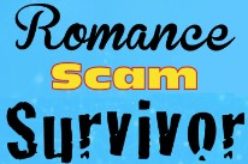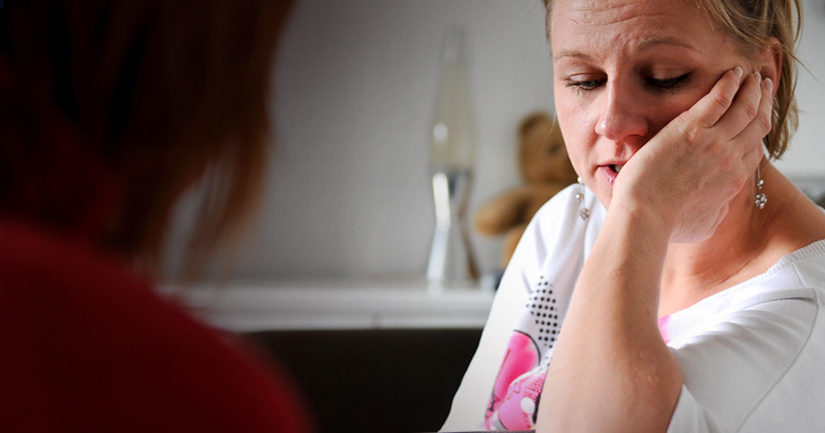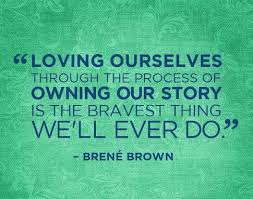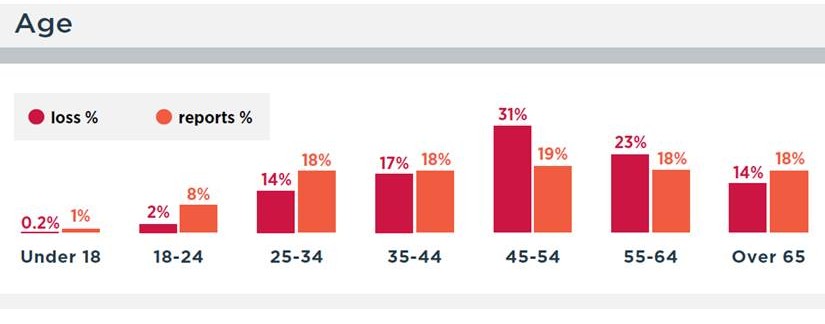The more contacts I have from people who have been scammed the more I see the different types of scams that are being carried out. The amount of ‘romance’ can vary. There are a number of types of activities that have building a relationship as a primary focus. You will find these listed on the governmental sites that talk about scams as Online Scams or Fraud, and this is a more generic description. Only when you read the detail does it make it clear this relates to what is commonly known as ‘romance’ or ‘dating’ scams.
In my blog I have focused on scams that use romance as the hook to then enable the scammer to exhort money. The contact mechanism is often dating sites, but can also be any membership site or social media such as Facebook or even communication mechanisms such as Skype or Viber. Whilst dating sites have the benefit (to the scammer) of legitimacy and expectation of making contact, because that is the purpose of the site, other mechanisms, like on Facebook, the scammer is putting out a ‘cold’ request for contact with no automatic expectation, except social convention and politeness perhaps, of a response. They must be successful though, because they keep doing it, and I know from victims who respond thinking “its just friendship, it can’t hurt”, that whatever lure they are using, it works. Continue reading Different types of romance scams












